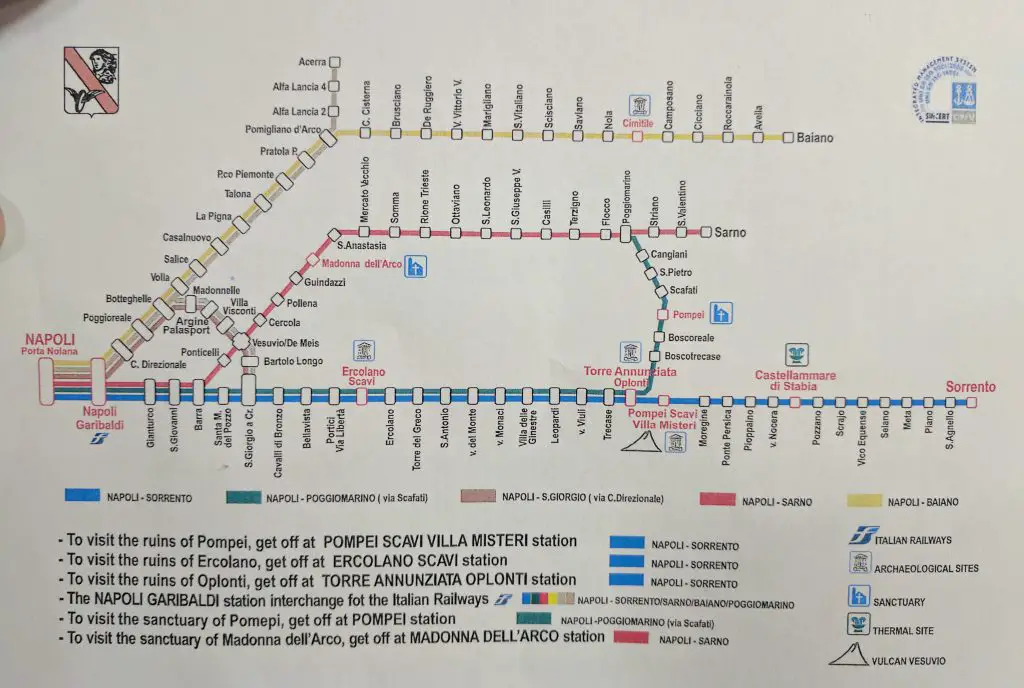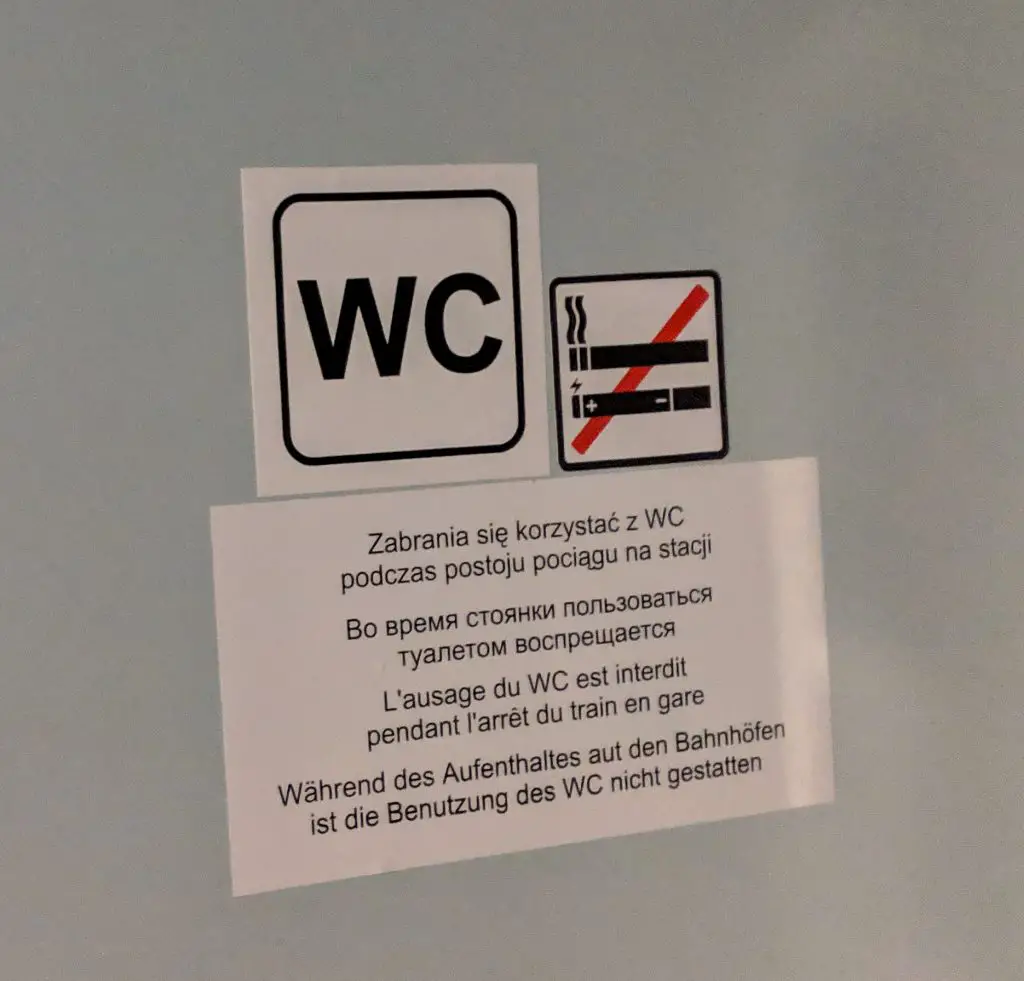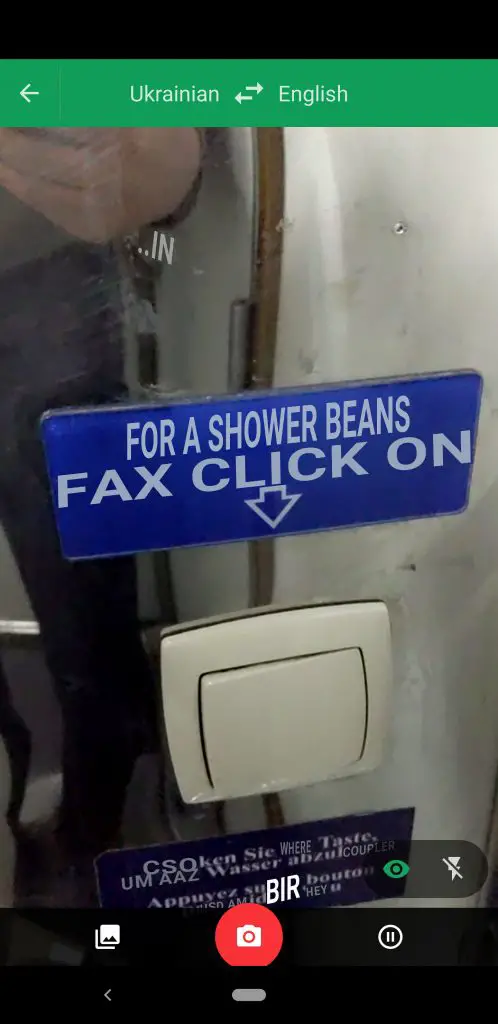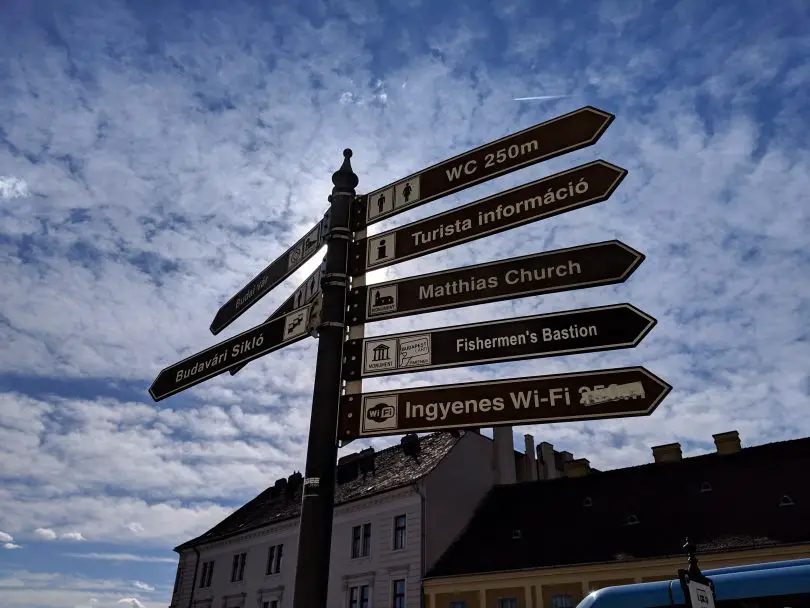When we talk to friends and family about international travel, one of the first concerns they usually have is getting around when the locals speak another language. Being able to communicate is obviously essential to do just about anything while you’re traveling.
If you speak English, you already speak a language that a huge number of people around the world also speak. If you’re travelling to a place that caters to tourists, you will be fine. I promise. Often you’ll find that signs in tourist areas are in both the local language and English. Hotel receptionists usually have enough English skills that they can get you checked in. In restaurants, pull out your phone and use Google Translate to decipher the menu if there isn’t an English version.

This isn’t to say that you shouldn’t try to learn a bit of the local language before your trip and continue learning while you’re there. You’ll be able to better navigate and come across far less ignorant if you at least make an attempt, butchered pronunciation included. I know that I would appreciate a tourist in my home city attempting to greet me in my language, instead of barking a Bonjour or Konnichiwa.
If you are heading to Italy for a couple weeks, it’s pretty easy to learn some basic Italian. But what if you’re visiting multiple countries in a single trip, who all speak different languages? This is when things get tricky. You’re probably not going to be able to learn a whole lot if you have a trip with three different languages. What should you do?
There are four phrases I always learn for the country I’m in:
- Greeting (good day, good afternoon, good evening, or just a simple hello, depending on the language)
- Thank you
- Please
- Excuse me
At the absolute bare minimum, you should be able to greet someone and say thank you in their language. Learning please and excuse me is also extremely useful. Being able to apologize if you bump into someone on public transport is appreciated!

I recommend Omniglot for learning common phrases. Their website may not be fancy, but they offer recordings of native speakers saying a bunch of phrases so you can also work on your pronunciation. Download the Google Translate app on your phone before you go, and use that to help you read signs. It works… most of the time.

If you know these four phrases and your destination is somewhat touristed, any service worker will appreciate that you have made an effort to learn their language. Beyond that, you will be able to get by with English and hand gestures. If you are heading to a rural town outside of a major city or somewhere without much tourism, this is when you may run into more difficult language barriers. If you anticipate this, write down key phrases ahead of time. It is also wise to have written the address of hotels and main locations you need, in the local language, so you can show them to people if you need help getting around.
The most important part of communicating when you don’t speak the local tongue? A smile. Smiling is the universal language and will be appreciated by whoever you encounter!


